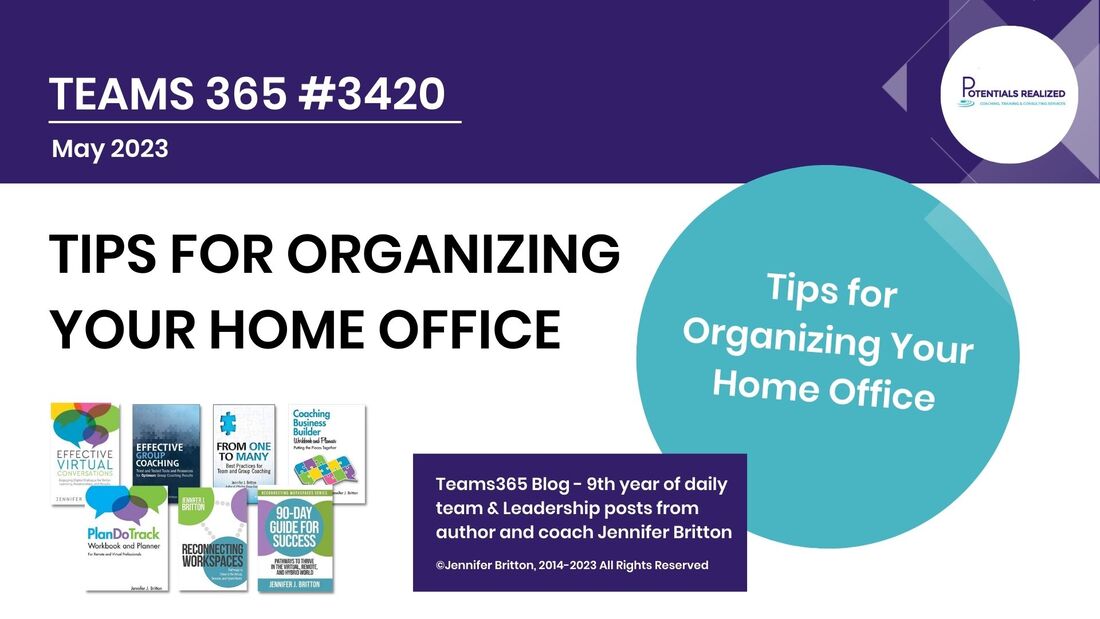1. **Cultivate a Growth Mindset:** A growth mindset is the belief that challenges are opportunities for growth and learning, rather than insurmountable obstacles. Embrace challenges as opportunities to stretch yourself, learn new skills, and develop resilience muscles. Focus on what you can control and take proactive steps to overcome obstacles, rather than dwelling on what you can't change.
2. **Develop Self-Compassion:** Treat yourself with kindness and compassion, especially during difficult times. Practice self-compassion by acknowledging your feelings without judgment, offering yourself words of encouragement, and taking care of your physical and emotional needs. Treat yourself as you would a good friend, with empathy, understanding, and unconditional support.
3. **Build Strong Support Networks:** Surround yourself with supportive friends, family members, mentors, and colleagues who uplift and encourage you during challenging times. Cultivate meaningful connections and lean on your support network for guidance, reassurance, and perspective. Sharing your struggles with others can help lighten the emotional burden and remind you that you're not alone in facing adversity.
4. **Practice Adaptability:** Life is unpredictable, and change is inevitable. Cultivate adaptability by embracing flexibility and openness to new experiences and perspectives. Develop the resilience to adjust and pivot when circumstances change unexpectedly, rather than clinging rigidly to your plans or expectations. Adaptability allows you to navigate uncertainty with greater ease and confidence.
5. **Maintain a Healthy Lifestyle:** Physaical and mental well-being are essential pillars of resilience. Prioritize self-care by getting enough sleep, eating a balanced diet, exercising regularly, and managing stress through relaxation techniques such as meditation or deep breathing. Taking care of your body and mind equips you with the energy and resilience to face life's challenges head-on.
6. **Practice Mindfulness and Gratitude:** Cultivate mindfulness by tuning into the present moment with curiosity and acceptance. Mindfulness practices such as meditation, yoga, or journaling can help you develop greater self-awareness and emotional regulation, reducing stress and enhancing resilience. Additionally, cultivate gratitude by focusing on the blessings in your life, no matter how small. Gratitude shifts your perspective from scarcity to abundance, fostering resilience and emotional well-being.
7. **Learn from Setbacks:** Instead of viewing setbacks as failures, reframe them as opportunities for growth and learning. Reflect on past challenges and setbacks, identifying the lessons learned and how they've contributed to your personal growth and resilience. Embrace a mindset of resilience by viewing setbacks as temporary setbacks rather than permanent roadblocks.
Building resilience is an ongoing journey that requires patience, practice, and perseverance. By cultivating a growth mindset, practicing self-compassion, building strong support networks, embracing adaptability, maintaining a healthy lifestyle, practicing mindfulness and gratitude, and learning from setbacks, you can develop the inner strength and resilience to weather life's storms and emerge stronger and more resilient than ever before.
CEO, Head Coach and Author
Potentials Realized | Group Coaching Essentials
Leadership | Teamwork | Coaching
Contact: 1-416-996-8326
Email: [email protected]
Instagram:@ReconnectingWorkspaces @CoachingBusinessBuilder
Pick up a copy of Reconnecting Workspaces: Pathways to Thrive in the Virtual, Remote and Hybrid World at Amazon – https://bit.ly/reconnectingworkspaces.
Check out my latest TEDx talk – Coaching Teams Through Chaos at https://www.ted.com/talks/jennifer_britton_coaching_teams_through_chaos
Set up a call with myself or my team to learn more about how we can support you through our award-winning ICF CCE approved Coach Training programs – https://calendly.com/potentials-realized/group-coaching-essentials

 RSS Feed
RSS Feed





